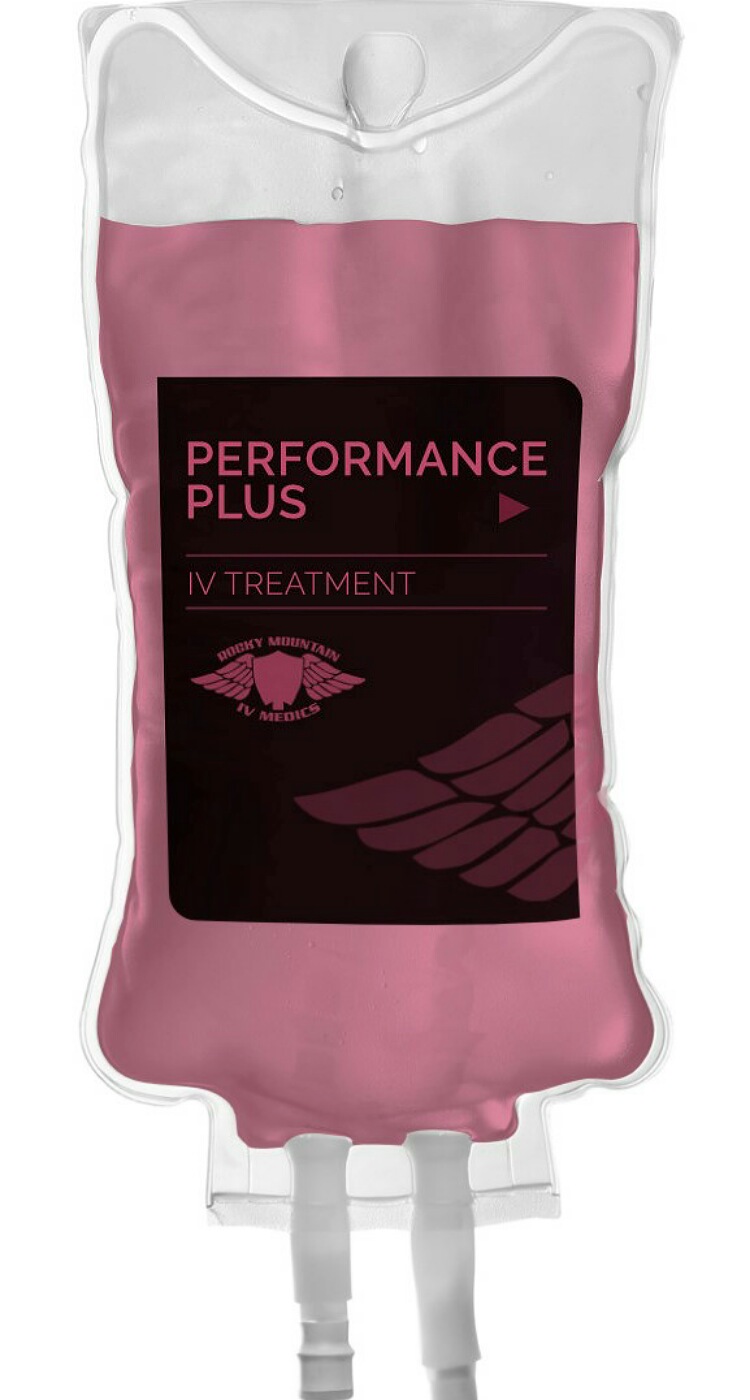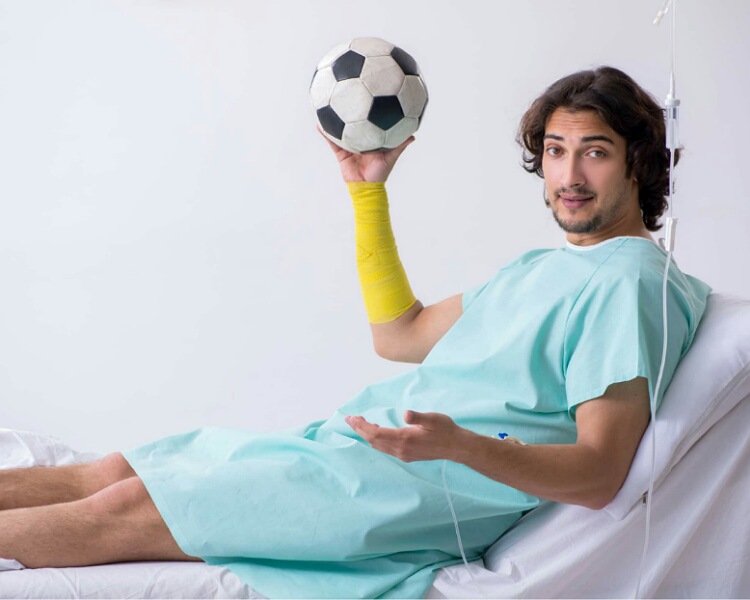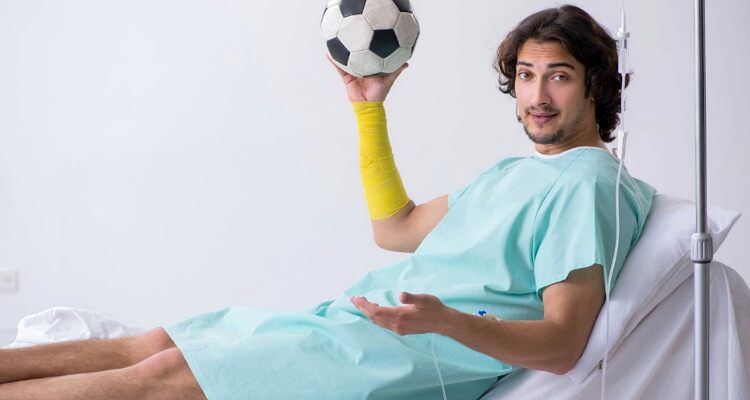Do you know that athletes are getting themselves IV or intravenous fluid drips to overcome fatigue and have a fast recovery? A new article published in the British Journal of Sports Medicine highlights this.
It has talked about its lack of evidence and potential risks.
Pro athletes and the intravenous fluids drip
It is a surprise but true! Professional athletes worldwide are resorting to some non-medical methods for overcoming their post-game fatigue and for faster healing.
They get intravenous fluid drips consisting of vitamins C and B and also electrolytes. It gives them instant energy. Many do it before as well as after the event. It is thought to give them a competitive edge over others.

The World Anti-Doping Agency has stated that no more than 100 ml can be infused into the veins of athletes unless there is a medical exemption.
This would include cases such as severe dehydration or anemia following blood loss. On the other hand, the Olympics agency bans such infusions for athletes. But not all agencies on sports ban them.
The article on IV fluids
Charles Pedlar is a professor of applied sports and exercise science at St. Mary’s University in Twickenham, near London. He has no accurate figures on how rampant this practice is in the UK or the world.
But he and his international co-authors have worked in professional athletic training centers, hospitals as well as sports universities. They allege that this practice is becoming common in the athletic world. Charles adds:
“Companies are offering this service directly to athletes promising some kind of positive outcome, such as enhanced hydration status and faster recovery,”

Is the practice Good or bad?
Charles explains:
“There is no clear evidence that this works.”
There are only two studies on it and in them, the outcomes were inconclusive. In these studies, long-term safety was not studied. Charles stresses that the drips have potential risks. He says:
“And on the contrary, there may be negative effects.”
“By doing this athletes are putting themselves at risk of an infection; [there are also] unknown negative effects of pushing nutrients in their bodies to very high, supra-physiological levels; and the risk of violating an anti-doping test.”

The authors advise sports agencies to inform athletes to not have these drips. Instead, they should focus on a healthy and balanced diet. Nutrition consultant Connie Diekman, former president of the Academy of Nutrition and Dietetics from St. Louis echoes the same point.
Connie states that research on this magic fix is limited. It could be risky on the one hand or be a complete waste of time and money on the other hand. She reasons:
“The stomach and liver work to control absorption and filtering of toxins, [and] using an IV misses that step leading to the potential for toxicity,”
Read more: Hyperhydration in athletes: symptoms, dangers, and how to avoid it!
Furthermore, she too asks athletes to focus on diet and get it tailored made by dietitians.
